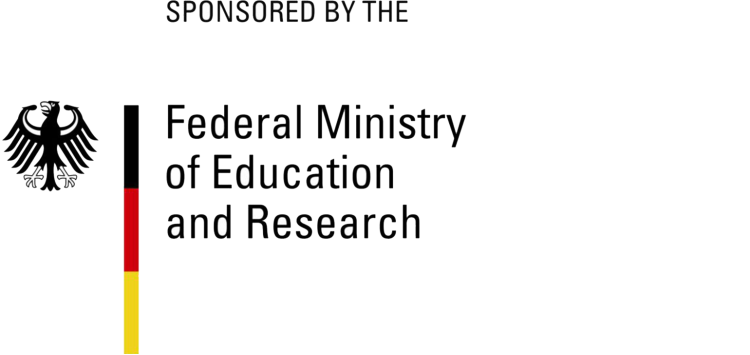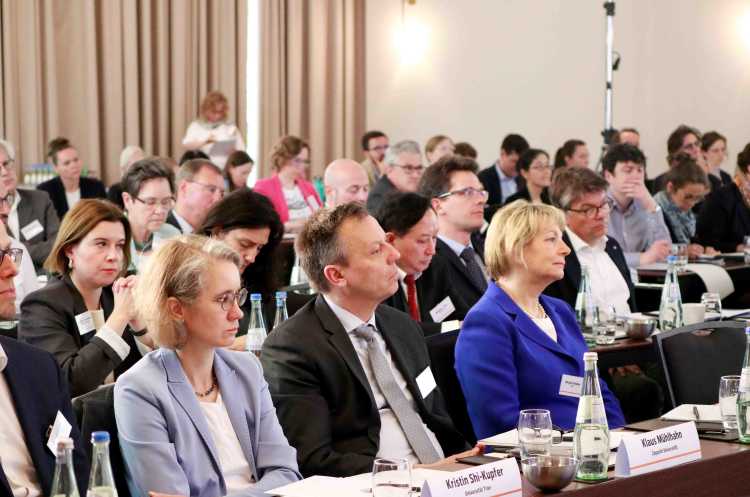- Home
- Research & Transfer
- Research Projects
- Ensuring Safe, Transparent and Mutually Beneficial Collaboration with China at Analytical Research Infrastructures
Ensuring Safe, Transparent and Mutually Beneficial Collaboration with China at Analytical Research Infrastructures (WIKOOP-INFRA)
The joint project WIKOOP-INFRA will draw up empirically grounded guidelines that offer researchers from Germany and the EU support and guidance for scientific cooperation with their Chinese colleagues at large research infrastructures under existing framework conditions.
BMBF, 2021-2024
Research Questions
It assesses the challenges for cooperation in four subject areas: reciprocity and mutual access to research infrastructures and data, research integrity, IP rights and technology transfer as well as dual use.
The project identifies opportunities for mutually beneficial, peaceful science collaboration.
Contribution to International Research
China has become one of the leading nations in research and innovation. Numerous outstanding and unique research infrastructures are currently being built in the country. Collaboration will benefit the international research community by facilitating access to these facilities for conducting innovative natural and life science experiments. The WIKOOP-INFRA project contributes to the promotion of international cooperation in science and research by raising “China competencies”, reducing uncertainties and knowledge asymmetries, and showing possible solutions for obstacles, frictions and conflicts that stand in the way of trustful cooperation. In addition, the project contributes to Science Diplomacy by laying a foundation for the involvement of Chinese researchers in the expansion of platforms for international knowledge.
Research Design and Methods
The joint project involves a systematic analysis of the applicable norms and standards of Sino-German research cooperation, the attitudes, practices and restrictions of the relevant actors, as well as the potential for conflict by means of workshops and (semi-) structured expert interviews. In order to enable broad participation, data collection will take place in Germany and China, with experts from analytical research infrastructures, relevant scientific organizations, foundations and authorities from Germany and China as well as some other important European and international science locations. The interviews are supplemented by an evaluation of Chinese science policy documents.



